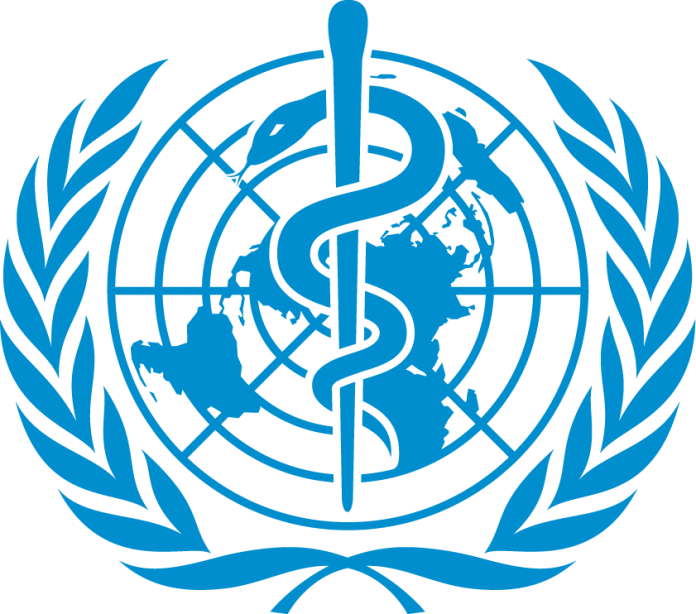Says, It’s A Variant Of Concern
The World Health Organisation (WHO) on Saturday revealed a new COVID-19 variant called Omicron.
This, according to a statement by the UN agency hinted that the B.1.1.529 variant was first reported to WHO from South Africa on 24 November 2021 and classified it a variant of concern.
The statement read in parts; “The epidemiological situation in South Africa has been characterised by three distinct peaks in reported cases, the latest of which was predominantly the Delta variant.
“In recent weeks, infections have increased steeply, coinciding with the detection of B.1.1.529 variant.
“The first known confirmed B.1.1.529 infection was from a specimen collected on 9 November 2021.”
WHO said that , the variant has a large number of mutations, some of which are concerning. preliminary evidence suggests an increased risk of reinfection with this variant, as compared to other variants of concern (VOCs).
The statement said , the Technical Advisory Group on SARS-CoV-2 Virus Evolution (TAG-VE) was convened on 26 November 2021 to assess the SARS-CoV-2 variant: B.1.1.529.
The TAG-VE is an independent group of experts that periodically monitors and evaluates the evolution of SARS-CoV-2 and assesses if specific mutations and combinations of mutations alter the behaviour of the virus.
WHO said there are a number of studies underway and the TAG-VE would continue to evaluate this variant. WHO will communicate new findings with Member States and to the public as needed.
It said based on the evidence presented indicative of a detrimental change in COVID-19 epidemiology, the TAG-VE has advised WHO that this variant should be designated as a VOC, and the WHO has designated B.1.1.529 as a VOC, named Omicron.
As such, countries are asked to enhance surveillance and sequencing efforts to better understand circulating SARS-CoV-2 variants, submit complete genome sequences and associated metadata to a publicly available database, such as GISAID, report initial cases/clusters associated with VOC infection to WHO through the IHR mechanism and where capacity exists and in coordination with the international community, perform field investigations and laboratory assessments to improve understanding of the potential impacts of the VOC on COVID-19 epidemiology, severity, effectiveness of public health and social measures, diagnostic methods, immune responses, antibody neutralization, or other relevant characteristics.
WHO also caution individuals to take measures to reduce their risk of COVID-19, including proven public health and social measures such as wearing well-fitting masks, hand hygiene, physical distancing, improving ventilation of indoor spaces, avoiding crowded spaces, and getting vaccinated.

